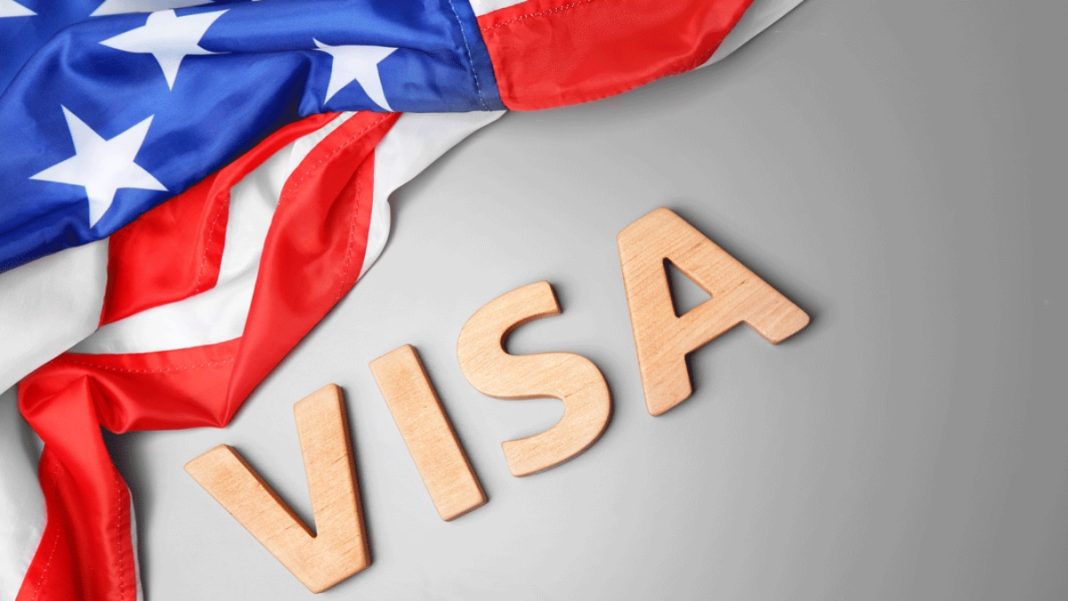The US Citizenship and Immigration Services (USCIS) has clarified that the controversial $100,000 H-1B visa fee announced in a recent proclamation will not apply to most applicants already in the United States, including those seeking a change of status or extension.
Key Takeaways
- The $100,000 fee applies only to new H-1B petitions filed on or after September 21, 2025, for beneficiaries outside the US without a valid H-1B visa.
- Foreign nationals already in the US, including those on student visas seeking a change to H-1B status, are exempt.
- Current H-1B holders can travel in and out of the US without paying the fee.
- Extremely rare exceptions may be granted by the Secretary of Homeland Security.
Who Must Pay the New H-1B Visa Fee?
USCIS guidance confirms the proclamation targets a specific group. “The Proclamation applies to new H-1B petitions filed at or after 12:01 a.m. eastern daylight time on September 21, 2025, on behalf of beneficiaries who are outside the United States and do not have a valid H-1B visa,” the agency stated. It also applies to petitions requesting consular notification for an individual already in the US.
Major Relief for Status Change Applicants
A crucial clarification is that the fee is not applicable for a “change of status.” This means international students transitioning from an F-1 visa to an H-1B will not face the $100,000 charge.
The official update notes, “The Proclamation also does not apply to a petition… that is requesting an amendment, change of status, or extension of stay for an alien inside the United States.” Furthermore, beneficiaries of such petitions will not be subject to the fee if they travel later and seek re-entry on their current visa.
This directly addresses employer concerns. Dan Berger of Green & Spiegel told Forbes, “It says the fee only applies to cases filed for people outside the United States… Employers were nervous about doing change of status because the $100k might apply if they travel.”
Extremely Rare Exceptions
The guidance outlines that the Secretary of Homeland Security may grant exceptions in “extraordinarily rare circumstance[s].” For an exception to be considered, the foreign worker’s presence must be in the US “national interest,” with no available American worker for the role, and the individual must pose no security threat. An exception may also be made if requiring the payment would “significantly undermine the interests of the United States.”




